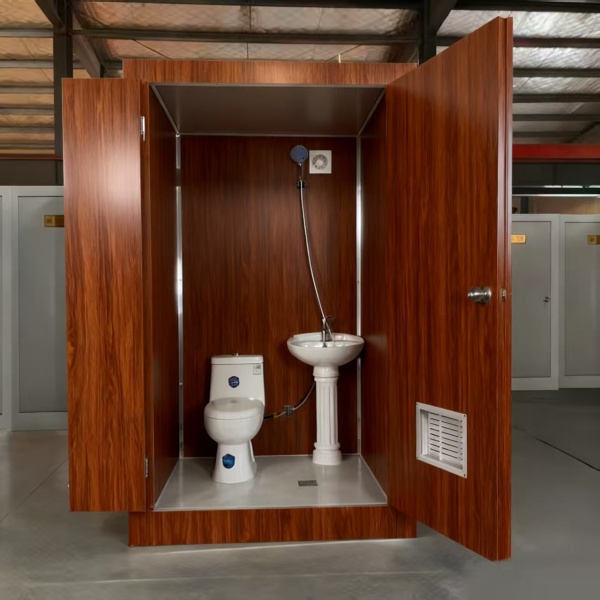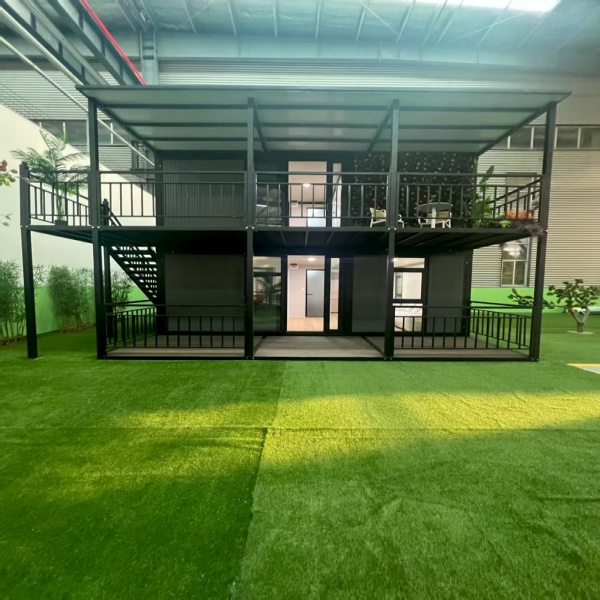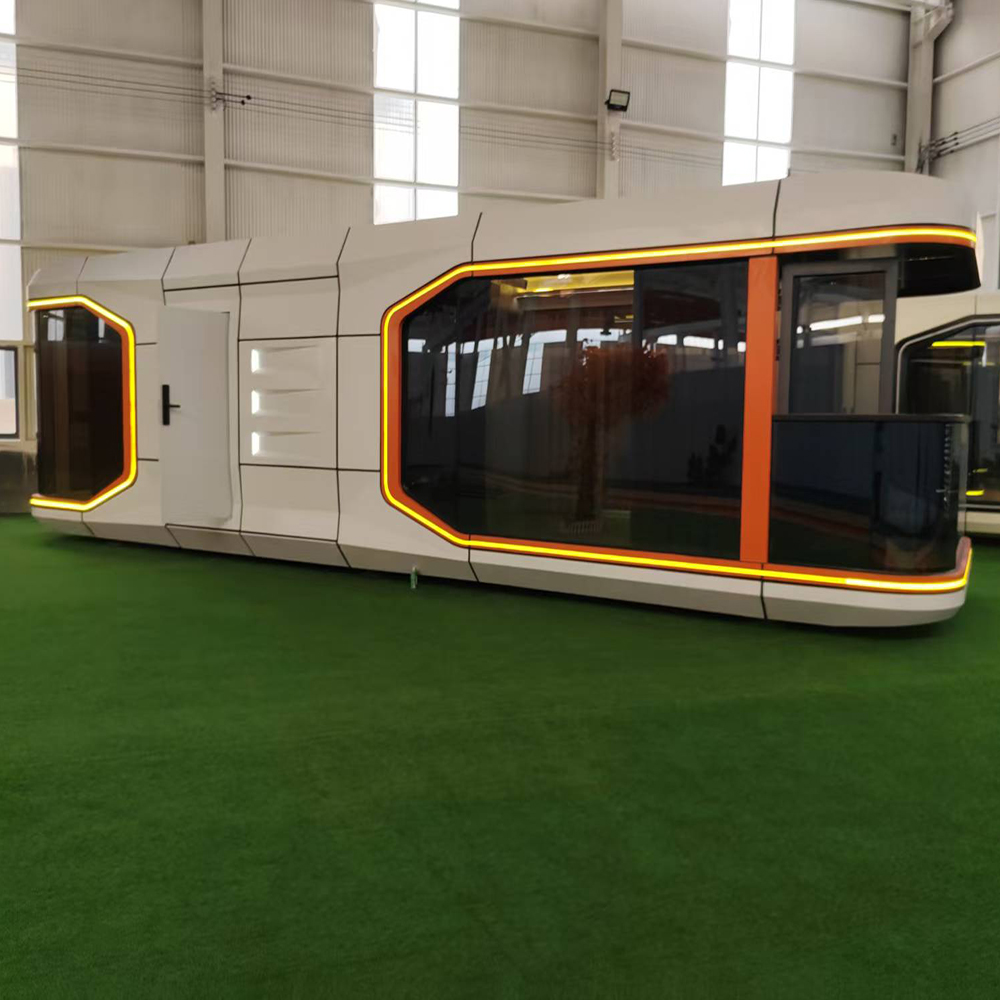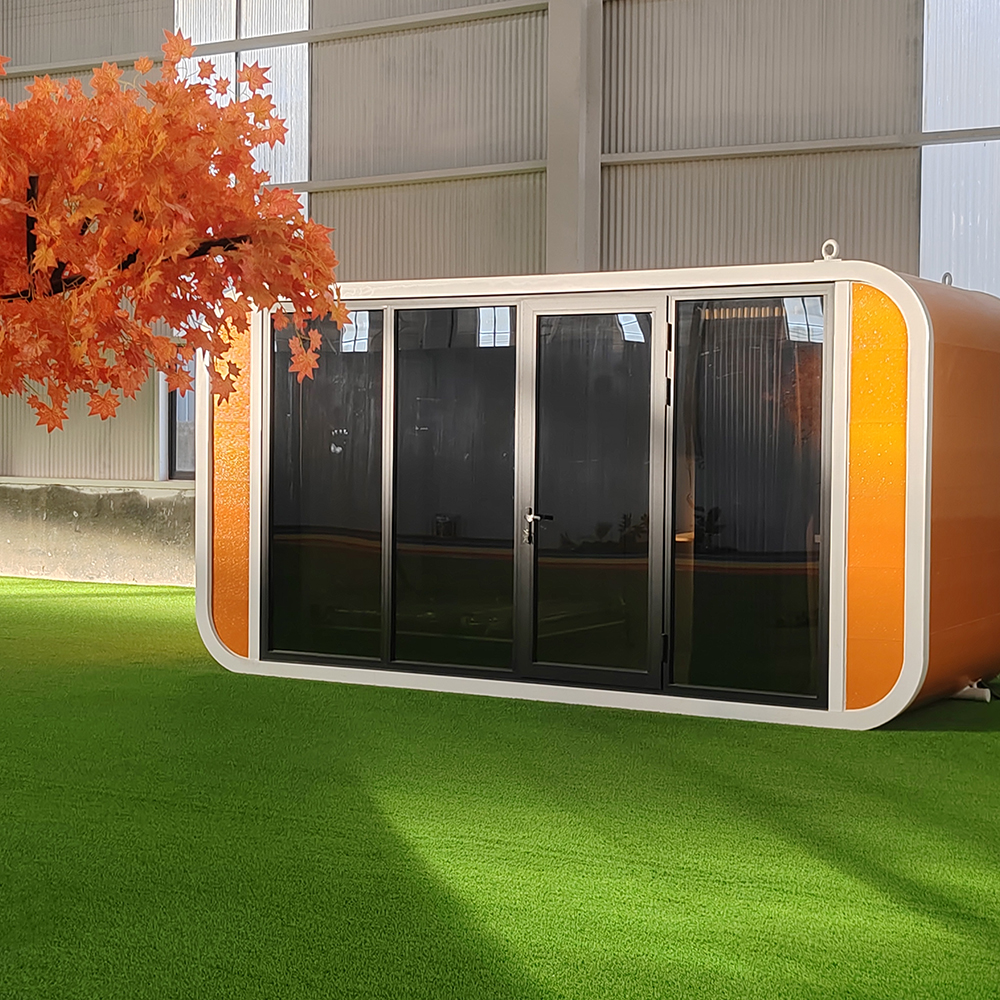-
E-mail
Austin120521@outlook.com -
E-mail
sales@jujiuhouse.com -
Telephone
+86-17864099991 -
Telephone
+86-17854044442
- Chinese
- French
- German
- Portuguese
- Spanish
- Russian
- Japanese
- Korean
- Arabic
- Irish
- Greek
- Turkish
- Italian
- Danish
- Romanian
- Indonesian
- Czech
- Afrikaans
- Swedish
- Polish
- Basque
- Catalan
- Esperanto
- Hindi
- Lao
- Albanian
- Amharic
- Armenian
- Azerbaijani
- Belarusian
- Bengali
- Bosnian
- Bulgarian
- Cebuano
- Chichewa
- Corsican
- Croatian
- Dutch
- Estonian
- Filipino
- Finnish
- Frisian
- Galician
- Georgian
- Gujarati
- Haitian
- Hausa
- Hawaiian
- Hebrew
- Hmong
- Hungarian
- Icelandic
- Igbo
- Javanese
- Kannada
- Kazakh
- Khmer
- Kurdish
- Kyrgyz
- Latin
- Latvian
- Lithuanian
- Luxembou..
- Macedonian
- Malagasy
- Malay
- Malayalam
- Maltese
- Maori
- Marathi
- Mongolian
- Burmese
- Nepali
- Norwegian
- Pashto
- Persian
- Punjabi
- Serbian
- Sesotho
- Sinhala
- Slovak
- Slovenian
- Somali
- Samoan
- Scots Gaelic
- Shona
- Sindhi
- Sundanese
- Swahili
- Tajik
- Tamil
- Telugu
- Thai
- Ukrainian
- Urdu
- Uzbek
- Vietnamese
- Welsh
- Xhosa
- Yiddish
- Yoruba
- Zulu
- Kinyarwanda
- Tatar
- Oriya
- Turkmen
- Uyghur

expandable container house usa
Understanding Expandable Container Houses in the USA
Expandable container houses have caught the attention of many in the USA, but there's a lot more beneath the surface than meets the eye. These structures aren't mere Lego sets for grown-ups; they demand a nuanced understanding, a balance between aesthetics and functionality, much like any traditional housing solution. What's often overlooked is the importance of cost-efficiency balanced with durability — a trade-off every expert juggles with.
Why Expandable Container Houses?
Starting with the basics, these houses cater to a trend that's both economic and ecological. In the USA, land prices continue to skyrocket, making traditional housing out of reach for some. Here, expandable container houses come into play, offering a relatively affordable option. But it's not just about cost — the adaptability to different environments makes them a go-to for diverse locations.
Now, what many might not realize is the adaptability factor. It's all about the flexibility to expand — a critical element for families that might want to add more room as need arises. I've personally witnessed scenarios where clients underestimated this expandable option's versatility, only to be pleasantly surprised later.
Something to note, and this is crucial, is the insulation. Often overlooked, poor insulation can lead to discomfort in harsher climates — a reality for many areas in the USA. Thankfully, companies like Shandong Jujiu Integrated Housing Co., Ltd. emphasize this in their designs, making sure comfort isn't sacrificed.
Popular Misconceptions
There's a fair share of myths surrounding these homes, mostly revolving around their lifespan. Many assume that because they're made from shipping containers, they won't last — a fallacy. With proper maintenance and, crucially, quality materials, these homes can serve just as long as traditional ones.
One of the major misconceptions I often come across is about the aesthetic potential of expandable container houses. People picture uninspired metal blocks, but in reality, the design potential is impressive. It's all about the creativity of the architects and the freedom to explore unconventional structures.
Another point of contention is the legal aspect. Permits, zoning laws — it's a labyrinth. Each state, each county may have different regulations, and navigating through this is essential. That's where experienced companies come into play, assisting clients with their know-how and helping clear these regulatory hurdles.
Real-World Applications
I've worked on projects ranging from tiny homes in Portland to larger, multi-room structures in Texas. Each comes with its own set of challenges. The key is customization, tailoring each unit to meet not only the client’s needs but also the local conditions.
An expanding trend is the use of these houses in remote locations, serving as temporary lodging for projects that require mobility. Here, their portability and ease of setup shine, offering a turnkey solution without the hassle of traditional construction logistics.
But it's not always smooth sailing. A project I encountered in Colorado came with a set of challenges due to the altitude. The solution? Robust HVAC systems to ensure comfort. Again, it's these small but critical adaptations that make or break a project.
Practical Challenges
One can't discuss expandable container houses without touching on the supply logistics. Shipping these units across the USA poses its own hurdles, often unpredictable weather and logistical delays test even the most well-planned projects.
And then there's the installation. Unlike permanent structures, these homes require a specific skill set to install efficiently. With companies like Shandong Jujiu Integrated Housing Co., Ltd., the value truly lies not just in providing the product but offering a complete solution — from production to installation.
The disconnect sometimes lies in the perceived simplicity versus actual complexity. Constructing a home is no simple feat. The right partners, with extensive experience and a comprehensive understanding of both domestic and international standards, are indispensable.
Future Prospects
The future of expandable container houses in the USA looks promising, especially with growing awareness about sustainability. They present an opportunity not just in residential sectors but commercial ventures as well, offering a sustainable and scalable housing solution.
Importantly, it’s the innovation in this space that keeps it exciting. With more companies diving into this industry, from startups to established players like Shandong Jujiu, competition drives innovation, enhancing both product quality and consumer choice.
Ultimately, the expansion potential looms large, and as more people realize the possibilities beyond the traditional, I see a bright future for these underrated marvels. Understanding them will be key to realizing their full potential.
Related products
Related products
Best selling products
Best selling products-
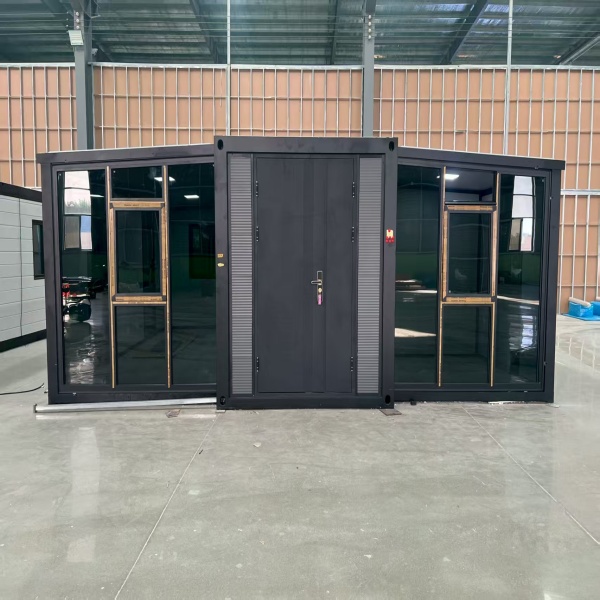 Customizable Office Mobile Home with Flat Roof and Double Wing Expansion Box, Convenient Container
Customizable Office Mobile Home with Flat Roof and Double Wing Expansion Box, Convenient Container -
 The foldable container house with side wing design can be quickly set up and is suitable for various environments.
The foldable container house with side wing design can be quickly set up and is suitable for various environments. -
 High-quality Double-wing Folding Container House with Doors and Windows, Insulated Walls, Suitable for Various Scenarios.
High-quality Double-wing Folding Container House with Doors and Windows, Insulated Walls, Suitable for Various Scenarios. -
Two Wing Folding Expandable Container House
-
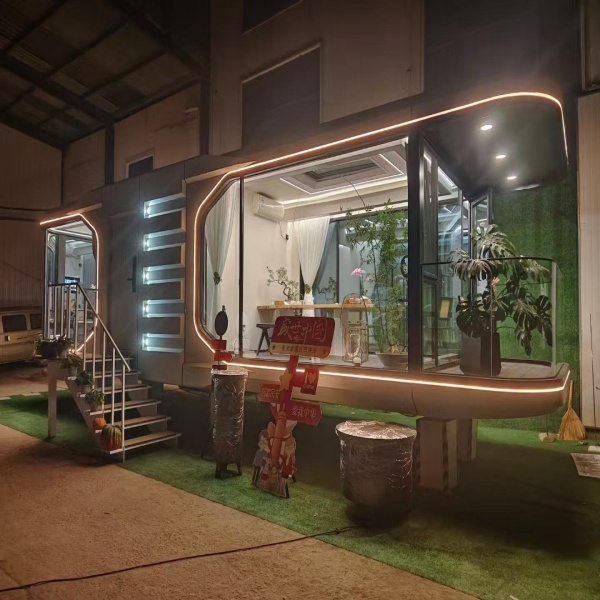 Outdoor ecological capsule rooms, luxury pods, space capsule hotel rooms, prefabricated space capsules, container houses
Outdoor ecological capsule rooms, luxury pods, space capsule hotel rooms, prefabricated space capsules, container houses -
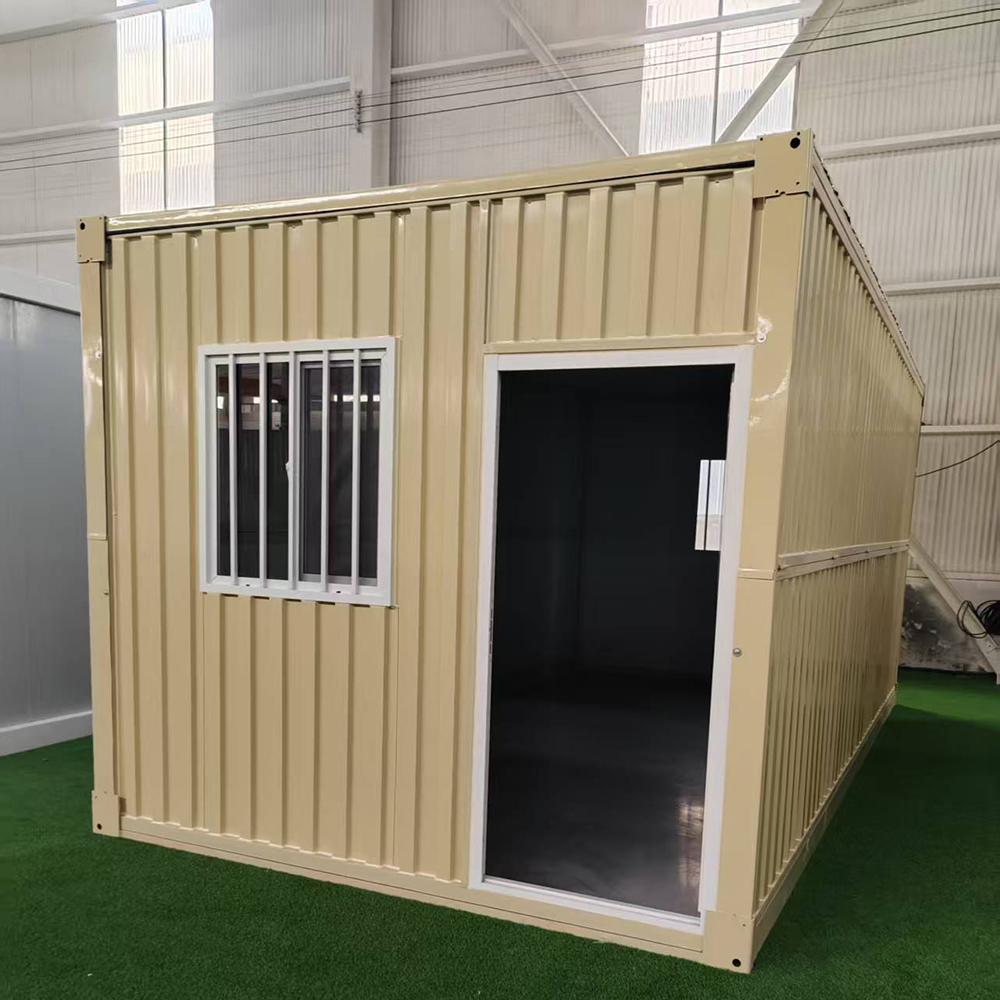 Competitive Price Portable Container House Foldable Container Mobile Living Modular Homes
Competitive Price Portable Container House Foldable Container Mobile Living Modular Homes -
 Luxury Foldable Two Story Container House for Glamping Resort and Villa Hotel
Luxury Foldable Two Story Container House for Glamping Resort and Villa Hotel -
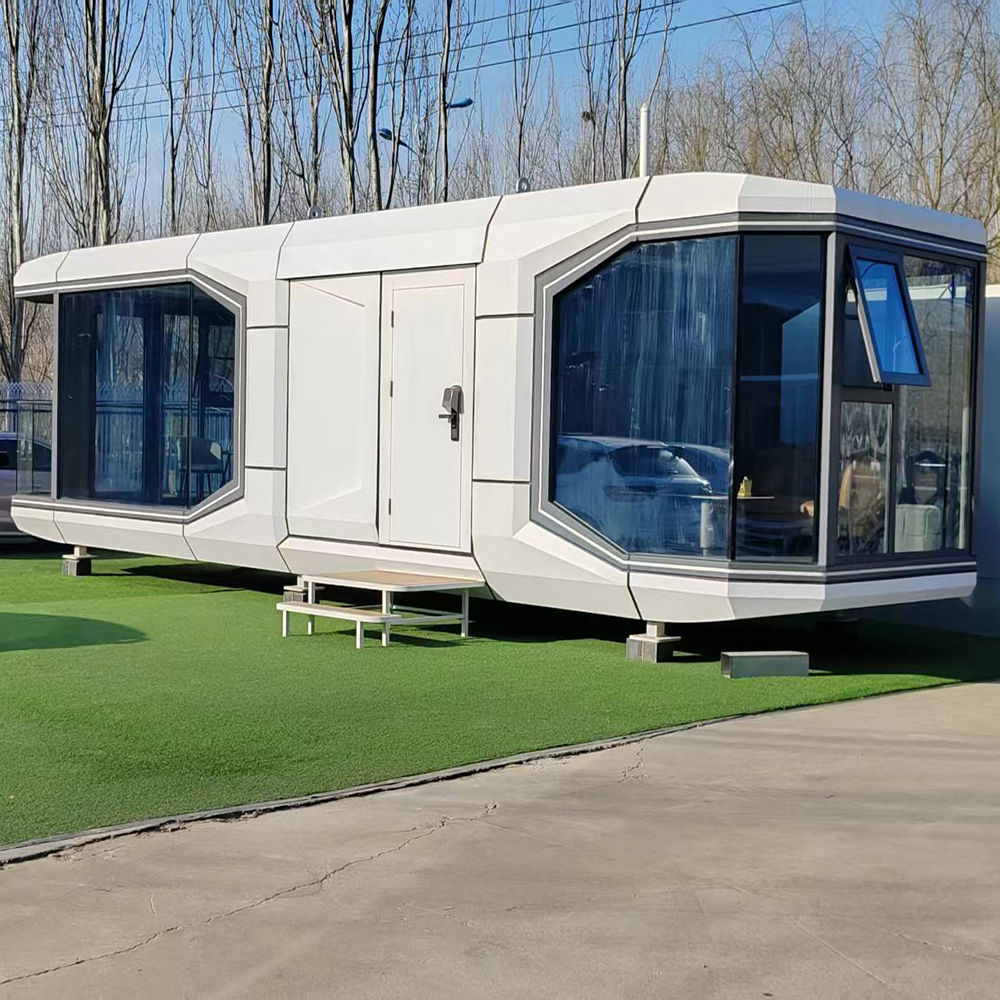 Luxury High Quality 2 Bedroom Container Home Prefabricated Steel Space Capsule for Office Shop Hotel or Outdoor House
Luxury High Quality 2 Bedroom Container Home Prefabricated Steel Space Capsule for Office Shop Hotel or Outdoor House -
 A container house with a terrace and double-wing folding design, suitable for various purposes such as offices, meeting rooms, living rooms, etc.
A container house with a terrace and double-wing folding design, suitable for various purposes such as offices, meeting rooms, living rooms, etc. -
 A container house with a terrace and double-wing folding design, suitable for various purposes such as offices, meeting rooms, living rooms, etc.
A container house with a terrace and double-wing folding design, suitable for various purposes such as offices, meeting rooms, living rooms, etc. -
 Customized Expandable Container House Holiday Home Folding Prefab Container House with Bathroom and Kitchen
Customized Expandable Container House Holiday Home Folding Prefab Container House with Bathroom and Kitchen -
 Hot-selling foldable container houses, expandable prefabricated houses, suitable for office or living use, with fast delivery.
Hot-selling foldable container houses, expandable prefabricated houses, suitable for office or living use, with fast delivery.
Related search
Related search- Buy folding container house
- Buy portable homes that fold out
- 40ft expandable container house
- modular prefab prefabricated shipping container house home
- Buy fold out houses from boxabl
- China expandable container house usa
- modern space capsule
- new spire prefabricated container house
- Buy low price flat pack container house prefabricated
- mobile expandable prefab house prefab home 19ft x 20ft









